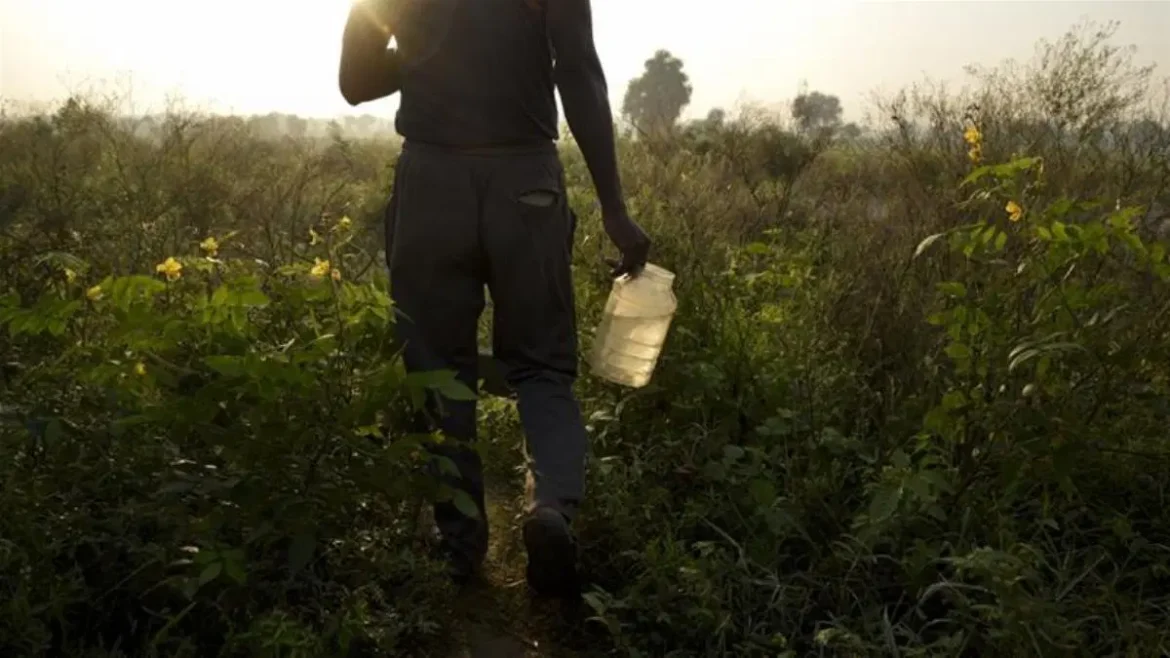UNICEF Advocates for Commitment to Handwashing Amidst Water Contamination Concerns
A recent study by the Water Sanitation and Hygiene Natural Outcome Routine Mapping (WASHNORM) has unveiled alarming statistics regarding water safety in Abia State, revealing that 73% of residents consume water contaminated with E. coli (faecal matter), while 2% of the population still engages in open defecation.
The WASHNORM survey, a joint effort by the Federal Ministry of Water Resources and the National Bureau of Statistics, supported by UNICEF, the World Bank, WHO, and other partners, underscores the serious health risks associated with drinking contaminated water.
At a press briefing held in Enugu on Global Handwashing Day, organized by UNICEF and the Broadcasting Corporation of Abia, Mrs. Rebecca Gabriel, UNICEF’s Water, Sanitation, and Hygiene (WASH) Specialist, expressed deep concern about the contamination levels and their implications for public health. She highlighted the critical role of handwashing with soap and running water in disease prevention.
Discussions at the event pointed to open defecation as a major contributor to water contamination, leading to faecal matter polluting water sources. Additional factors included poorly positioned boreholes, often located near soak-aways and toilets, which exacerbate the pollution problem.
The WASHNORM survey also found that access to basic handwashing facilities is alarmingly low in Nigeria, with only 35% of schools and 30% of healthcare facilities having such access. In public areas, like markets and motor parks, this figure drops to a mere 8%. UNICEF estimates that 167 million people, or 83% of Nigeria’s population, lack access to basic handwashing facilities.
To address these challenges, UNICEF has identified five critical times for handwashing: before preparing meals, before and after eating, before breastfeeding, after changing diapers, and after defecating.
Mrs. Maureen Zubie-Okolo, UNICEF’s Officer in charge of Planning and Monitoring, reinforced the importance of hand hygiene, stating, “UNICEF is committed to promoting hand hygiene among the communities we serve. By fostering a culture of handwashing, we can contribute to a healthier and safer world for all.”
UNICEF continues to back national handwashing campaigns and integrates hand hygiene into health, education, and nutrition programs across over 90 countries. In collaboration with WHO, the organization also monitors handwashing practices in households, schools, and healthcare facilities globally, aiming to improve public health outcomes.

